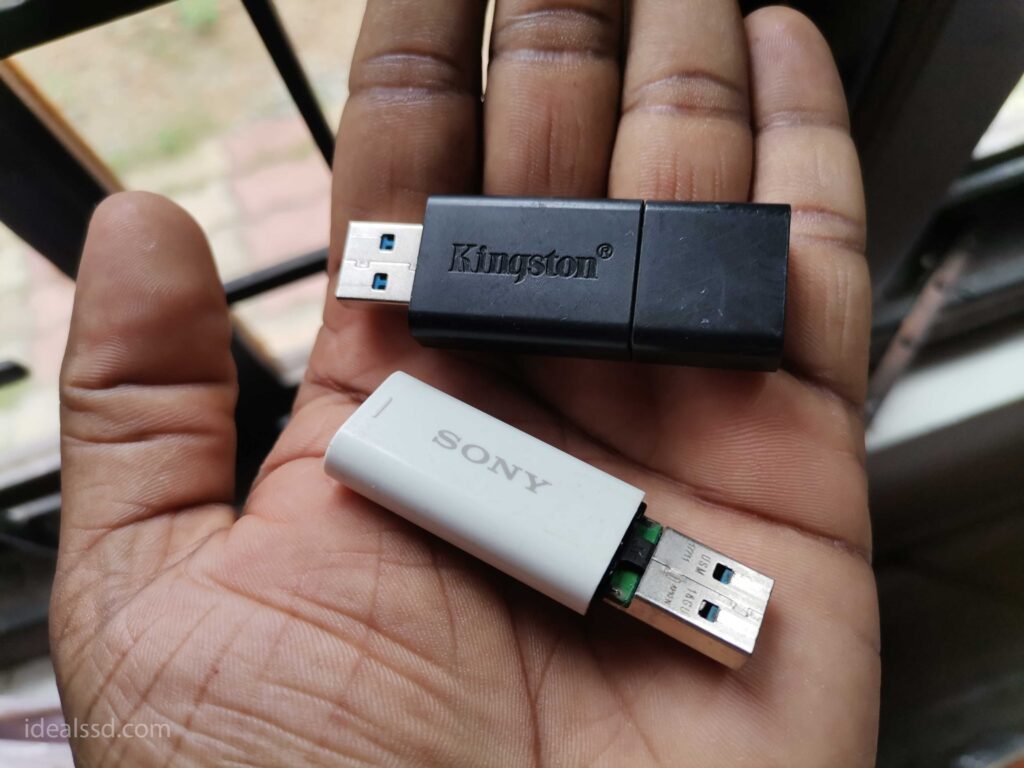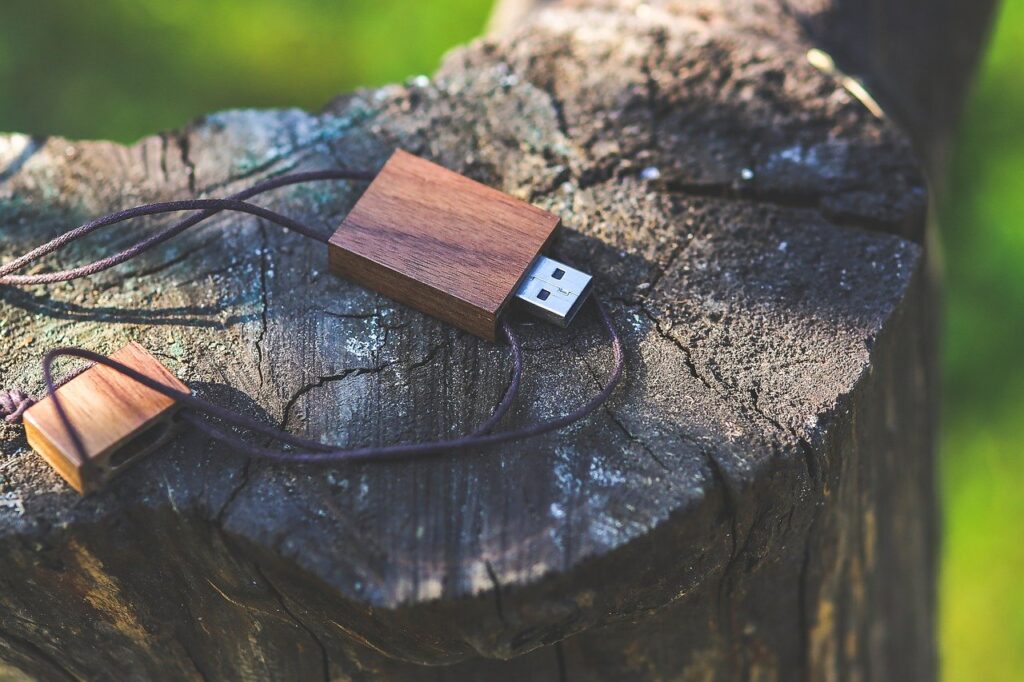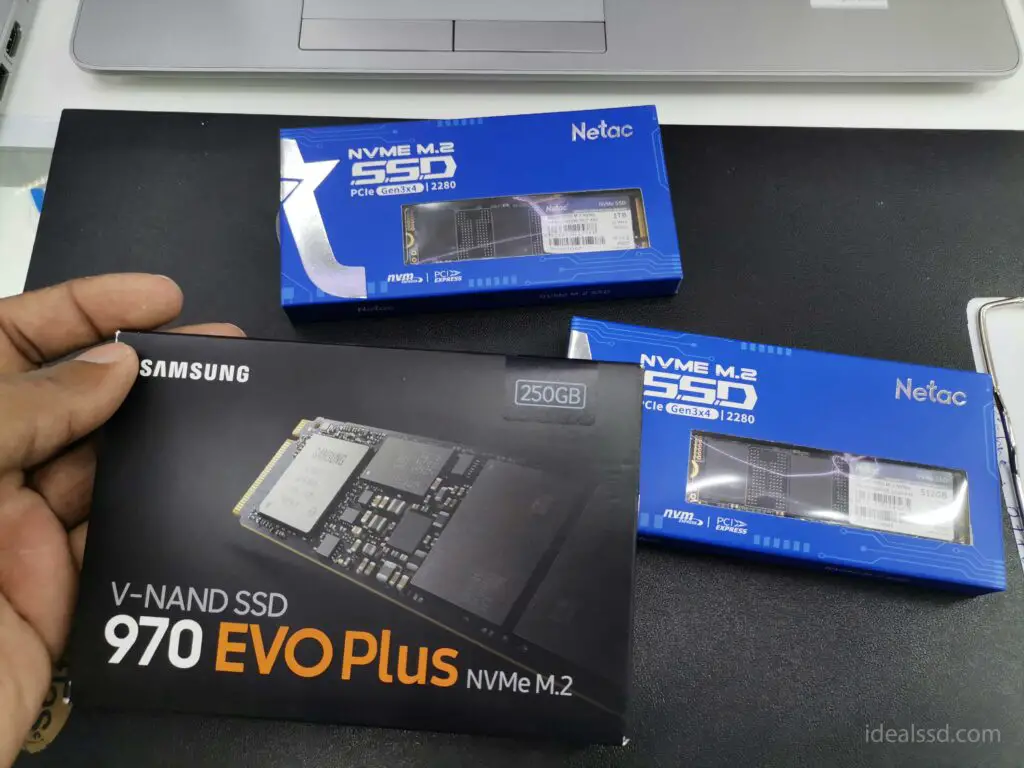Which is Better Flash Drive or SSD?

USBs and SSDs are two of the most important storage devices in modern computers. There is a significant difference between these two types of storage, which can easily be explained by their different functions and capabilities.
Flash drives are typically used for transferring files between different devices, making them a great option for backups or transporting your work from one place to another. They are also very affordable, making them a popular choice for people who need a lot of storage space.
SSDs are a newer technology that offers many of the same benefits as USBs, but with some added bonuses. SSDs are typically faster and more reliable than USBs, making them a great choice for people who need to access their data quickly and reliably. They can also be more expensive than USBs, depending on the size and quality of the drive.
What is a USB Drive (Flash Drive)?

I know, today even a 1st-grade child knows what is a USB Drive. For the people who don’t, a USB drive is a data storage device that is used to store files or folders on it. It plugs into one of your computer’s USB ports and gives you extra storage space. Most USB drives come in different sizes, with some as large as 256GB. You can use them to back up your computer files, store your music and movies, or take your work files with you on the go. Personally, I recommend the brands like Kingston, Lexar and Sandisk.
| Brand | Available Sizes | Amazon Link |
|---|---|---|
| Kingston DataTraveler | 32GB, 64GB, 128GB, 256GB | Check On Amazon |
| Lexar | 32GB, 64GB, 128GB | Check On Amazon |
| SanDisk | 16GB, 32GB, 64GB, 128GB, 256GB, 512GB | Check on Amazon |
| Samsung BAR Plus | 32GB, 64GB, 128GB, 256GB | Check on Amazon |
How to Use a USB Drive?

Once you have a USB drive, it’s easy to use. Just plug it into one of your computer’s USB ports and wait for the AutoPlay window to pop up. This window will give you several options, such as opening the drive in Windows Explorer or copying files to the drive. You can also password protect your USB drive so that other people can’t access its contents without your permission.
What Can You Do With a USB Drive?

There are many things you can do with a USB drive, but here are just a few:
- Take your favourite photos with you on the go by using your USB drive as a portable photo album!
- Keep copies of important medical, financial and other records you might need in an emergency.
- Use your USB drive for storage for kids’ school projects. For example, if they’re studying art or photos, you can save their work on the USB drive or print it from there.
- Create a project on your home computer and transfer it to your USB drive for editing on the go.
- If you have a lot of pictures and videos, you might be running out of room on your computer’s hard drive. Transfer them to a USB drive so you don’t have to delete anything short term until you buy more storage.
- Use your flash drive to share photos with family members over the Internet, or save them on it in case the files are deleted from their computer.
- Use your flash drive as a secondary data storage device for online backup.
- Also you can use the USB drive as a windows installer, it can help you to install Windows OS on your PC. To create a bootable Windows USB drive follow this article. How to Install Windows 10 From a Bootable USB Drive
So those are some of the things that you can do with a USB drive. As you can see, they are pretty handy to have around.
What is a SSD?

Solid State Drives (SSDs) are the new hot technology in computer storage. They offer high performance and low power consumption, which is why they’re becoming more common in laptops, desktops, and even smartphones.
In a nutshell, an SSD is a magnetic storage device that uses flash memory and controller chips to store data. Flash memory doesn’t come with moving parts like rotating hard disk drives (HDDs), so they’re more durable and expensive. The quality of an SSD is determined by factors such as its size, speed, endurance, and the amount of NAND flash it uses.
In today’s market, several SSD manufacturers produce SSDs.
Benefits of having an SSD in your computer
- Faster Read / Writes : Because an SSD doesn’t have any moving internals, it can access data much faster than a HDD. This makes booting up your PC, launching applications, and copying files feel much faster.
- Low Power Consumption : An SSD uses significantly less power than a traditional HDD, which is why they’re a popular choice for laptops and other mobile devices.
- Durability : SSDs have no moving parts, which means they’re less likely to fail than a regular HDD. They can also withstand more physical shock and are immune to magnetic interference.
- Silence: Another benefit of an SSD is that it doesn’t make any noise when it’s accessed, unlike a regular HDD. This can be a big advantage if you’re trying to watch a movie or listen to music on your PC.
- Smaller in Size : SSDs are much smaller than HDDs, so they take up less space in your computer. This can be especially helpful if you’re using a laptop or a small form factor PC.
- Temperature : SSDs run cooler than HDDs, which is why they’re a good choice for laptops and other mobile devices. But SSD also has a ideal temparature to operate. To know more read this.Safe Operating Temperature For SSD
The market has many variations of SSDs. I highly suggest doing your research on what will suit you and your needs the best. I have written several articles regarding this and hope below will help.
- How Much SSD Should You Buy for Gaming?
- Best SSD For Intel 12th Gen Computers
- Best SSD For Ryzen 7 or Higher
- Which SSD Is the Fastest?
Which is better SSD or Flash Drives?
This is a question that has been asked for years and there is no one definitive answer. It all comes down to personal preference and what you will be using your storage device for.
USB flash drives are the most common type of portable storage device. They’re small, lightweight, and easy to use. You can store files on them, play music and videos, and even install the software. They’re a great choice for backing up your files, taking your movies and music with you on the go, or installing software on multiple computers.
USB flash drives come in a variety of sizes, from 8GB to 512GB.
On the other hand, SSDs are quickly becoming more popular due to their fast speed and larger storage capacities. SSDs are perfect for people who want a fast, reliable, and long-lasting storage device. SSDs are used to store the operating system, install larger games, and keep the applications.
SSDs are available in sizes from 128GB to 8TB. So as you can see even though both are storages devices they have different purposes. It all boils down to what you need and what you want.
Which is better 128GB USB or 128GB SSD?
I came across this question on Quora. Well, this is like comparing apples and oranges. It really depends on what you will use it for. SSDs are used to store the OS and other critical applications inside the computer. Of course, you can also use an SSD as an external device by using a
- External SSD
- By using a SSD enclosure
When it comes to SSD enclosures, they can be a useful tool if you have an m.2 SSD and your motherboard doesn’t come with m.2 slots, or if you don’t have extra ports to plug in an SSD. To know more about SSD enclosures refer to this. How to use NVME SSD without m.2 slot
On the other hand, SSDs comes with internal type and external type. Both of these types are more expensive. If you want to buy an external SSD drive refer to this. Does It Make Sense To Buy an External SSD?
Although both USB and SSD drives can store a considerable amount of data, I believe a USB Flash Drive is a more practical option if you intend to transfer the files from one computer to another while SSD will be a great option use as the primary storage drive in your laptop or desktop.
Conclusion
USBs and SSDs are two essential storage devices in modern computers. They have different functions and capabilities, which can easily be explained by their different prices and benefits. USBs are typically used for transferring files between different devices, making them a great option for backups or transporting your work from one place to another. They are also very affordable, making them a popular choice for people.
SSDs are faster and more reliable than USBs, but they are also more expensive. They are typically used for storing the operating system and your most important files, as they can access data much faster than USBs. If you are looking for a storage device that will provide you with the best possible performance, then an SSD is the best option.
References
- USB flash drive : https://en.wikipedia.org/wiki/USB_flash_drive

